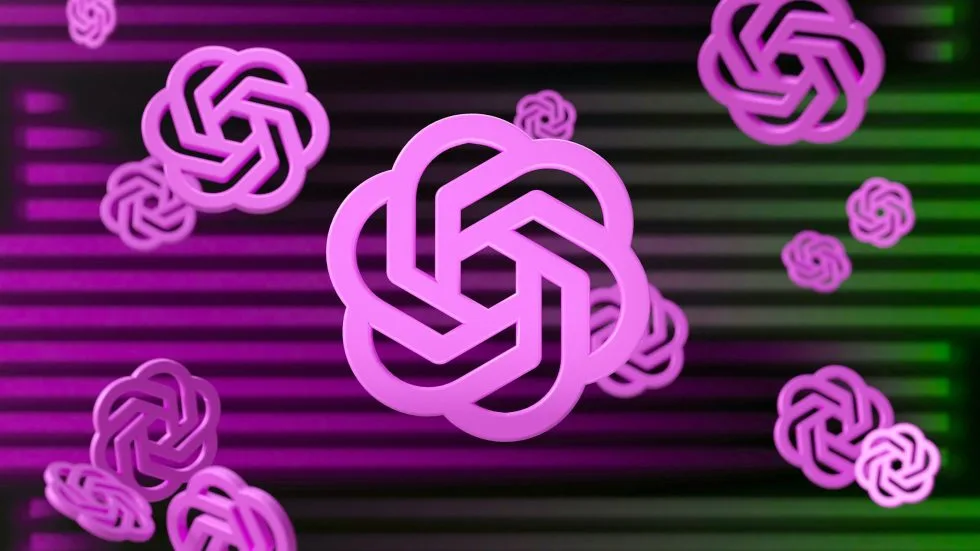It’s everywhere we turn. Schools, universities, workplaces, your neighbour, are freaking out about what its rapid progress will mean.
And, if you’re anything like me, conversations about ChatGPT progress almost as fast as the uptake of its platform in December 2022. Dinner table discussions swerve from ‘are you using ChatGPT’ to ‘will ChatGPT take your job, too?’ to ‘Do you think human-humans and AI-infused-superhumans can cohabitate?’
Sam Altman, OpenAI’s chief, said on Twitter that ChatGPT had more than one million users in the first five days after it launched.
When it comes to writing copy, ChatGPT has its limitations, but most of the sub-par output we’re seeing is due to not understanding how to best use it.
So, while we’re still deciding how to feel about the seemingly unavoidable adaptation of ChatGPT, we can at least use it properly!
Which means understanding what it is and what it can do, and what it cannot do (very well, yet).
Don’t take things out of context, people!
Everyone is a genius. But if you judge a fish by its ability to climb a tree, it will live its whole life believing that it is stupid.’ – Albert Einstein (allegedly)
Below we’ve compiled a list of 6 common mistakes, and tips on how ChatGPT can help you write copy – effectively!
1. Not understanding ChatGPT’s strengths and capabilities
Outcome: Your writing is too generic and reads as a summary.
ChatGPT is a language model that can answer questions and assist you with tasks, such as composing emails, essays, and code, but people are using it to write poems, and even to have philosophical conversations and debates…
Remember that ChatGPT can’t talk about anything after 2021, tell the future, discuss political issues, always be accurate, give references, or provide thought-leadership. It also can’t be confidential.
Tip: Provide direction and use ChatGPT to gather information.
2. Not being specific about what you want
Outcome: Responses that are not fit for purpose.
When making requests, be as specific as possible to ensure that the request is clear and can be fulfilled. The more specific you are, the better understood your response will be. ChatGPT can work with general or open-ended questions, but responses won’t be as tailored.
Tip: Start with an action word and include your desired response length.
3. Not starting a new chat session
Outcome: Your answers become convoluted and lack relevance.
ChatGPT continues its context downstream. For contextual separation, start a new topic in a new chat. This ensures you provide a fresh context so the AI can better understand and respond to the topic without any confusion or mixing of information from previous discussions.
Tip: Start a new session for each topic.
4. Not fact-checking
Outcome: Your writing is misleading or makes false claims.
ChatGPT has a knack for writing responses that are incorrect but plausible-sounding.
Cross-reference your sources through official websites, academic papers, established news outlets, or expert opinions. Maintain a healthy dose of skepticism while fact-checking your AI’s writing and look out for inconsistencies, biases, or misleading statements.
Tip: Websites like Snopes, FactCheck.org, or Politifact can help verify the validity of specific claims
5. Not iterating responses
Outcome: ChatGPT outputs generic, purposeless responses.
Iteration helps you correct errors and adapt responses. It also helps ChatGPT as part of its learning process, so the machine can learn from mistakes, identify patterns, and enhance its understanding. Continuous learning helps improve its knowledge base.
Tip: Refine answers until you’re happy with them.
6. Not being polite
Outcome: You get frustrated at ChatGPT after using it incorrectly.
And finally, my favourite tip! Be polite to AI. In March, ChatGPT had a verbal IQ of 155[1], which is superior to 99.9% of test takers. With great knowledge comes great power.
While AI models like ChatGPT are not understood as sentient beings, they are designed to engage in conversation. Being polite demonstrates kindness and consideration for each interaction, which creates a foundation for ethical guidelines and norms in human-AI exchanges. Model polite behaviour to invest in our future standard of respectful and responsible tech.
Tip: Be clear and specific, patient, and accept limitations. Provide feedback, understand how to use AI and ensure your expectations are realistic.
ChatGPT can be an amazing tool for providing and summarising information, but the reader shouldn’t be able to identify it in your writing. Knowing its limitations is key to making sure you know how to use it and produce the best result.
Looking for help with creating effective content? At Focused Marketing we have a team of multi-disciplined writers and creative professionals to help with your next project or business venture. Contact us today to make it happen!
[1] https://www.scientificamerican.com/article/i-gave-chatgpt-an-iq-test-heres-what-i-discovered/#:~:text=Estimated%20on%20the%20basis%20of,to%20take%20WAIS’s%20nonverbal%20subtests.


